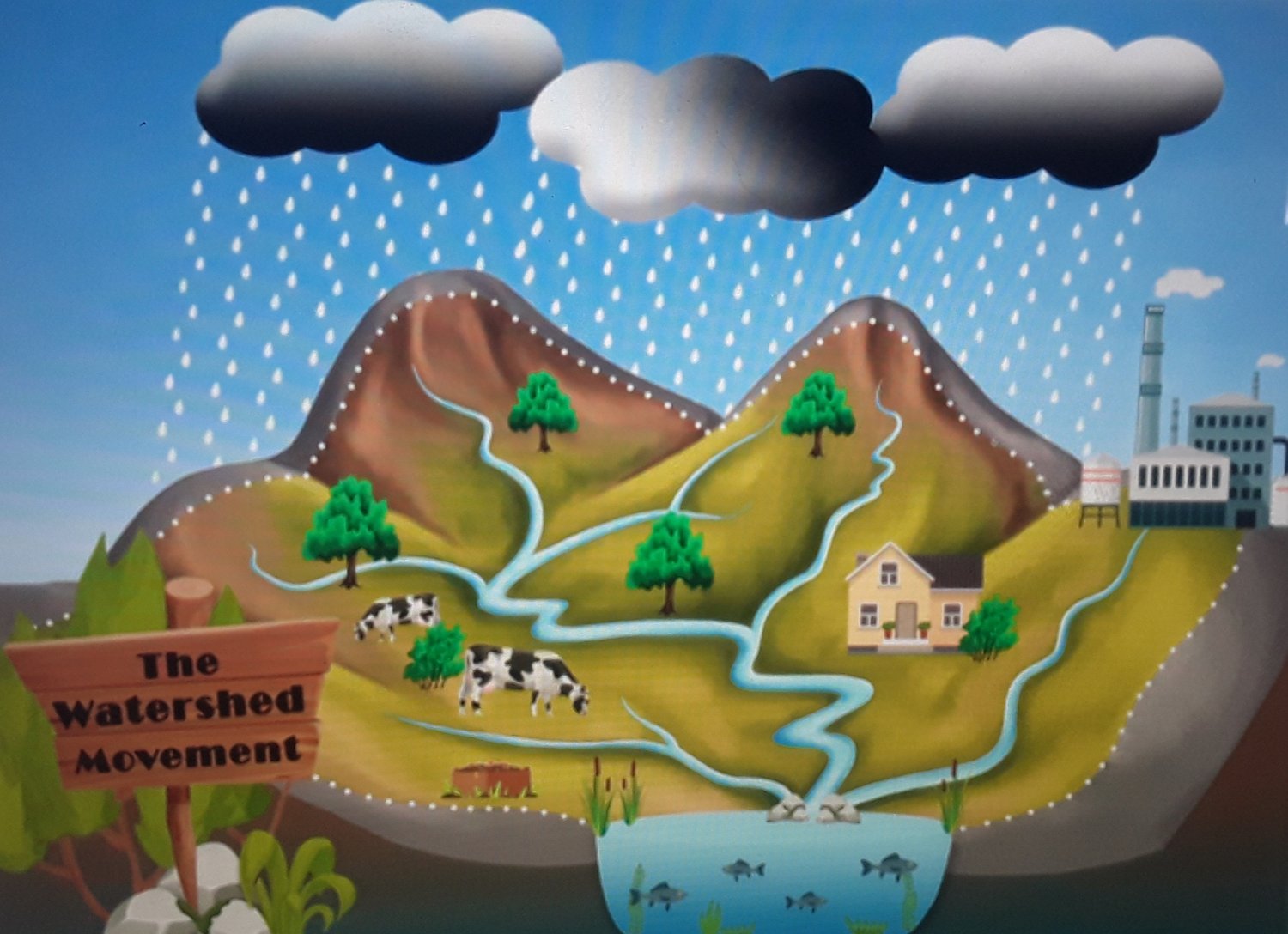Words of wisdom by Teresa White, The Watershed Movement’s Intern and East Central University’s Undergraduate student
Five Reasons Why “Small”, “Inconsequential” Actions Still Matter
Are you somebody who wants to contribute to the conservation movement but feels like none of the actions available to them are “big enough”? Have you ever told yourself that what you can do doesn’t matter?
We thought there might be some of you out there reading. And we used to feel the same way. But guess what? It doesn’t have to be like this.
For everyone who’s ever wanted to decrease their plastic waste, reduce their material consumption, limit the use of toxic chemicals on their land, eat less animal products, or contribute to a clean-up project somewhere in our beautiful natural world - this one is for you. Here are our top five reasons that those “small”, “inconsequential” actions still do matter.
1. If you take that action often, you are getting reminded often of an issue that is important to you. That way, when you make OTHER decisions, that issue is top-of-mind and more likely to influence other parts of your life. For instance, if you start carrying a reusable bottle instead of buying single-use plastic bottles, you will be reminded that you want to reduce your plastic waste every time you fill it up. Then, when you’re confronted with an opportunity to take or leave MORE single-use plastic, you’ll be more likely to remember your goal and to refuse it.
2. You have to crawl before you can walk, and walk before you can run. Most people have more success changing their habits incrementally than attempting to change them all at once. It is the same with learning new skills - you have to learn how to hold the crayon before you can create beautiful calligraphy. Maybe your goal is to eventually use zero herbicides or pesticides on your property - that’s great! But before you can achieve that, you have to decide what to do with each individual issue on your land as it comes up. Rome wasn’t built in a day.
3. Often, people who say small actions don’t add up would only do so for select issues. You’ll have the same folks complaining that “their vote doesn’t count” because “they’re just one person,” even as they discipline their children carefully and thoughtfully, because they know every single incident is a learning opportunity and makes a difference in their kids’ lives. You’ll have the same people argue that “one person can make a difference” when it comes to preventing bullying in schools, but they won’t bike to work because they don’t think their actions matter. This is significant because it shows the degree to which our perspective is shaped by politics and dogmatic thinking, and it suggests that humans really are meant to believe in the power of individual action, even though we can get derailed by counterproductive or nihilistic messaging.
4. Make yourself into a model that the world would do well to follow. Jean-Paul Sartre, a twentieth-century French philosopher known for his contributions to existentialist thought, wrote in “Existentialism is a Humanism” that every man “is responsible for himself” and that there is no excuse for the failure to act well in this world. And perhaps even more importantly, he added this: that “of all the actions a man may take in order to create himself as he wills to be, there is not one which is not creative, at the same time, of an image of man such as he believes he ought to be”. To conclude, if “existence precedes essence and we will to exist at the same time as we fashion our image, that image is valid for all and thus much greater than we had supposed”.
In other words, with every action you take you are helping to bring yourself and the rest of humanity into exist. Expect that other people will model their actions after you, whether they realize it or not. Are you providing a good example? What would happen if everyone in the world made the same choices you did?
5. Ask yourself - who benefits when I feel powerless? There are people and corporations that benefit from the continuation of environmental degradation (for now, at least). When we feel like our actions don’t matter, we are making the road smooth for them. Who is boosting messages that discourage us from taking action?
No actions are truly small. Some are just more easily overlooked than others.
For suggestions on how to reduce your waste at home, see https://www.todaysparent.com/family/family-life/ways-to-reduce-waste-at-home-even-if-you-are-exhausted/
For suggestions on how to reduce your carbon footprint, see https://blogs.ei.columbia.edu/2018/12/27/35-ways-reduce-carbon-footprint/
